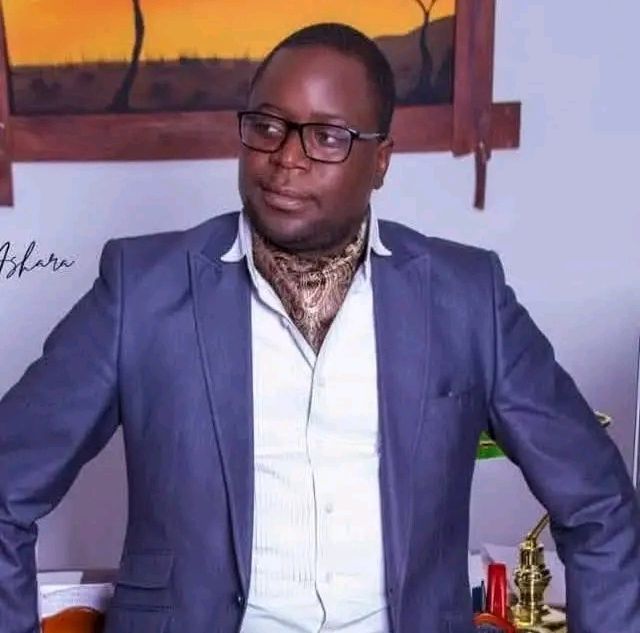The family of late former Zambian President Edgar Chagwa Lungu has strongly rejected the Zambian Government’s attempts to repatriate his remains, asserting that the State holds no legal, moral, or diplomatic right to do so.
In detailed submissions to the Gauteng High Court in Pretoria, South Africa, the family’s legal representatives argued that the application by Zambia’s Attorney General, Mulilo Kabesha—aimed at transferring the late President’s body for a state funeral in Lusaka—lacks legal merit under South African law and infringes upon key human rights.
Kabesha based his application on the Benefits of Former Presidents Act of 1993, claiming the Zambian Government has authority to arrange the burial of any former Head of State, including interment at the designated Embassy Park in Lusaka.
However, the Lungu family’s legal team dismissed the claims as “legally unsustainable and factually flawed,” emphasizing that Zambian laws have no jurisdiction in South Africa and cannot override constitutional protections granted to individuals and their families in that country.
The family further noted that Edgar Lungu was a private citizen at the time of his passing, citing the Zambian Government’s decision to revoke his presidential benefits. They described this revocation as politically motivated and harmful to the former President’s health, forcing him to depend on friends and relatives for medical support and eventually seek refuge in South Africa to avoid what they termed politically influenced medical neglect.
Court documents also reveal that the South African Government officially acknowledged the family’s right to bury President Lungu on South African soil. This recognition is documented in the submission under Annexure “EL15.”
The Lungu family argued that the Zambian Government’s push for repatriation is beyond its legal authority and fails to respect cultural norms, personal rights, and constitutional liberties. They emphasized that as immediate family and next-of-kin, they are solely entitled to determine the burial arrangements according to the late President’s personal wishes, cultural traditions, and dignity.
The family concluded that any attempt by the Zambian State to enforce burial protocols within South African territory is unenforceable, lacks legal standing, and constitutes an overreach in both international and domestic legal contexts.
This legal dispute highlights a growing tension between personal rights and state authority in matters of burial, particularly when former leaders die outside their home country under contentious circumstances.








